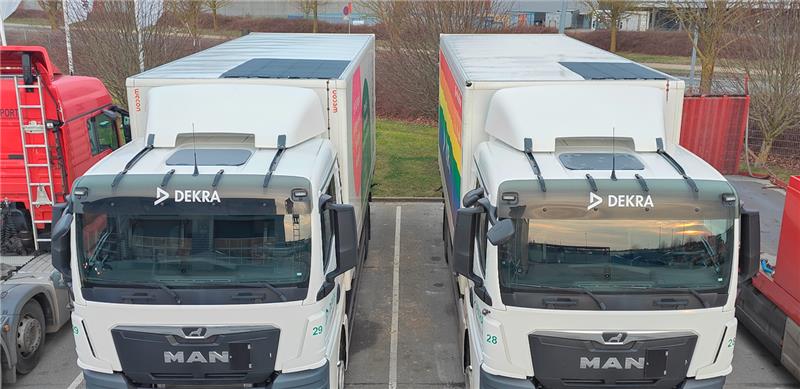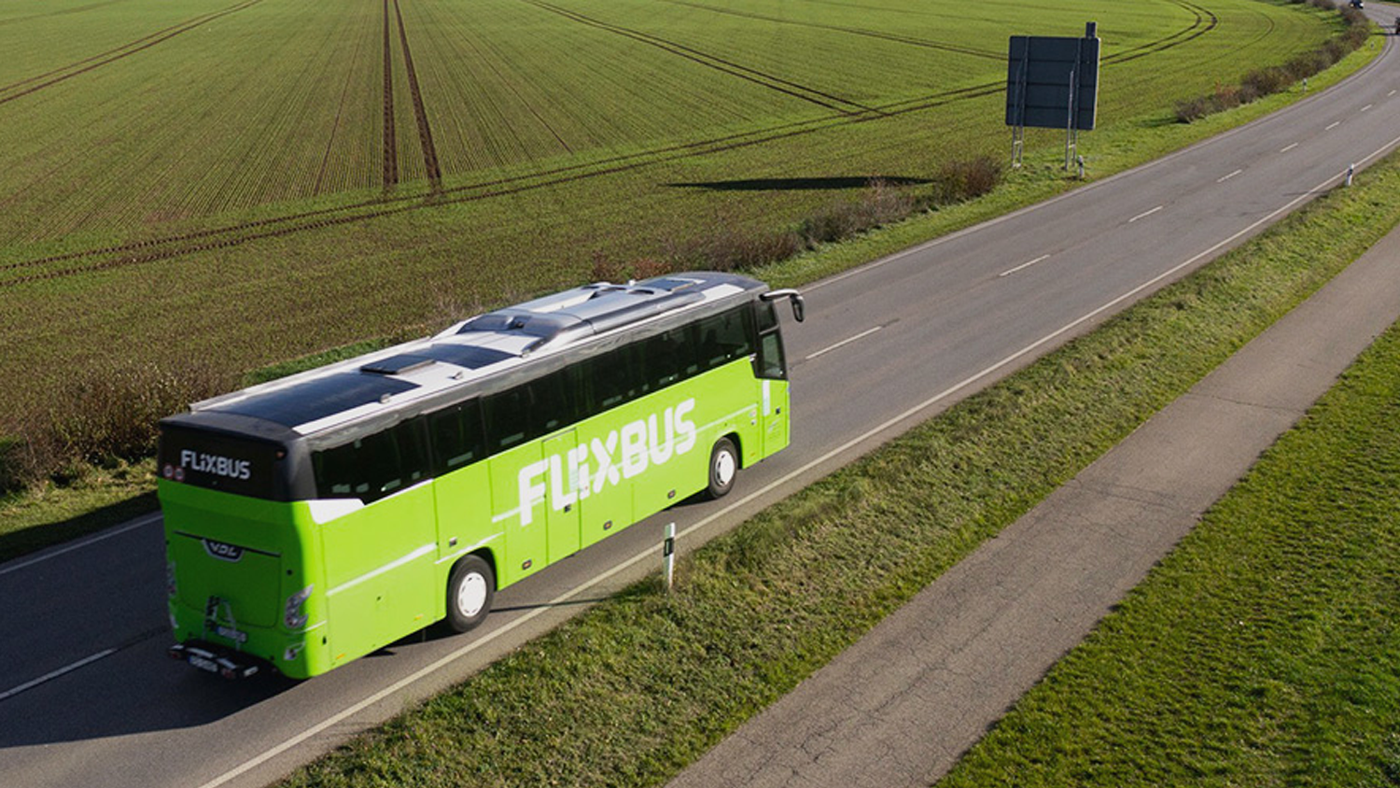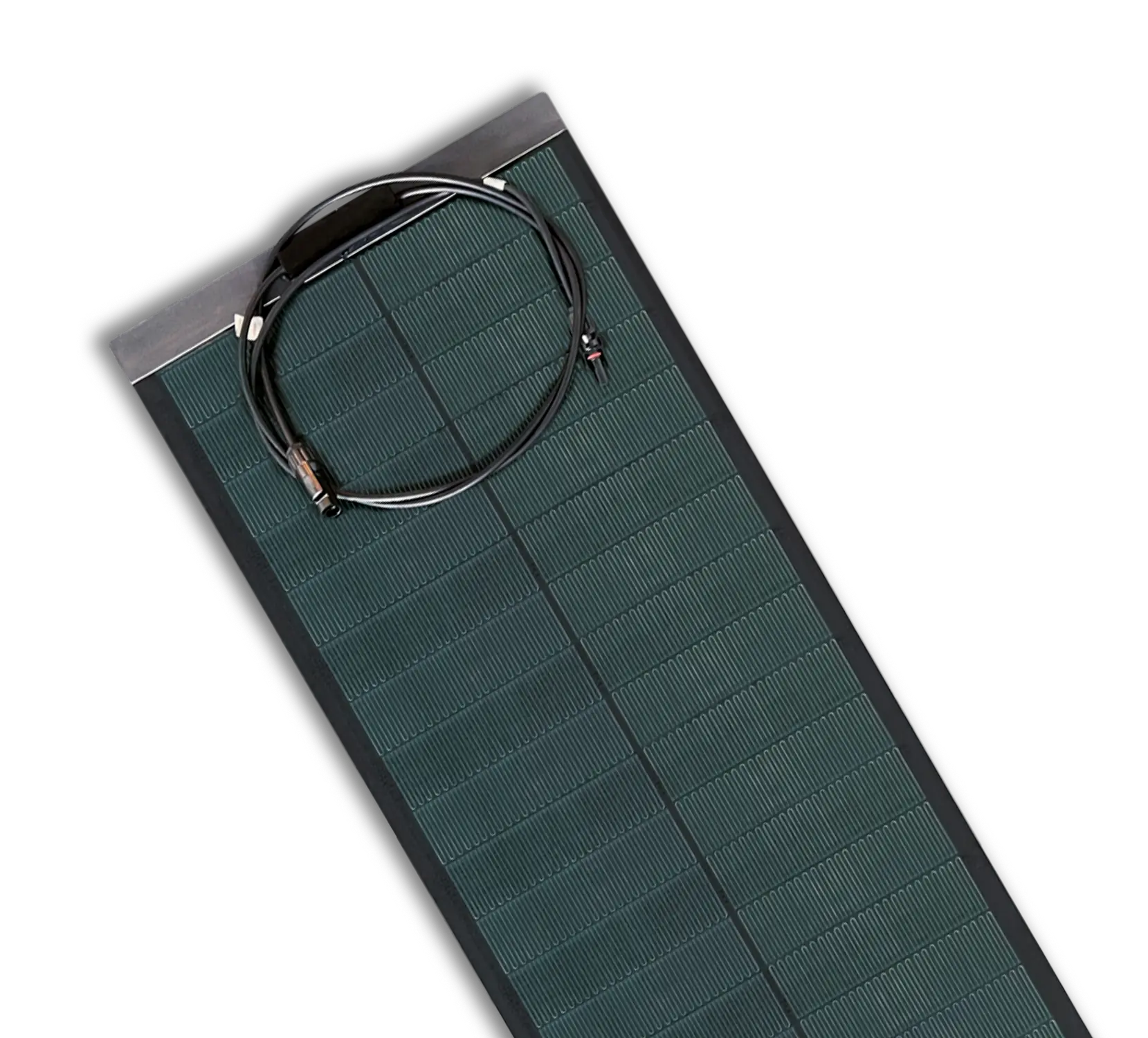Trucks & Heavy Duty
Innovative solar panels for trucks
Scroll down to explore
Smart solar solutions
Leading the way in driving fleet efficiency and sustainability
Tighter regulations, ambitious decarbonisation targets and rising fuel costs demand smarter energy solutions.
Our CIGs solar solution provides a practical, low-risk transition to a greener fleet – that’s available now with fast payback. Stay compliant, cut costs and drive operational efficiency while gaining a competitive edge.

Perfect fit
Solutions for every vehicle
Our solar sets range from 110 Wp to 960 Wp, and are designed for trucks, buses, vans and trailers. They are durable, easy and quick to mount on most vehicles, taking as little as 4 hours per vehicle.
They can be installed on: all trucks and rigid trucks; trailers and semi-trailers; refrigerated trailers; minibuses, vans and LCVs; and forklifts and vehicles with lift trucks or lifting platforms.
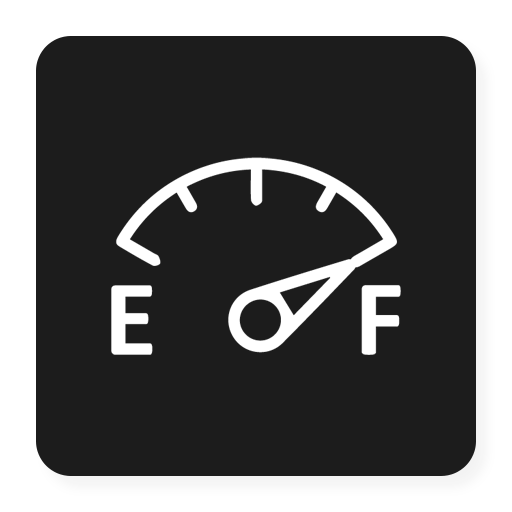
Reduces a truck's annual fuel consumption by 4-7%
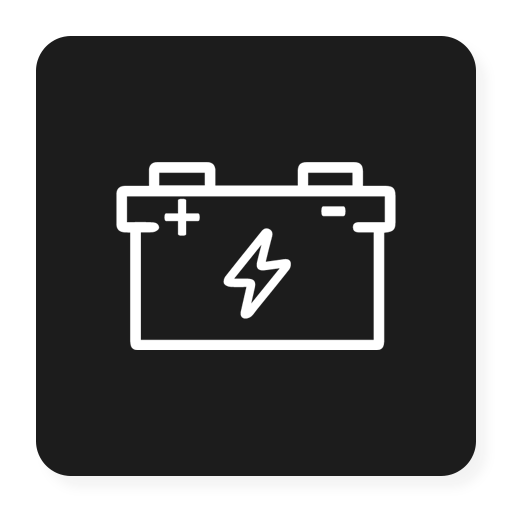
Doubles a truck's battery life and enhances battery and alternator health
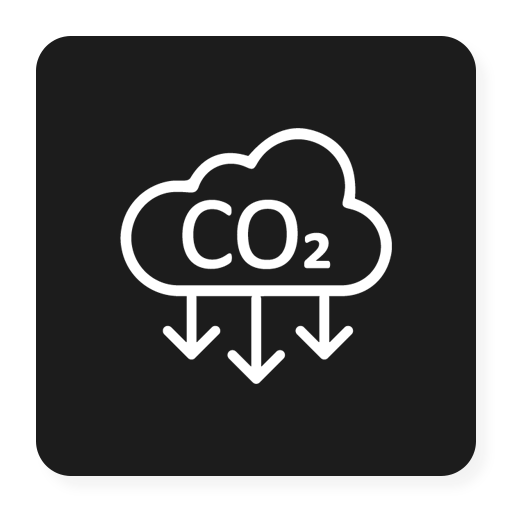
Reduces a truck's carbon emissions by 4-7%
Built for the road
Flexible and durable design that's engineered for heavy duty transport
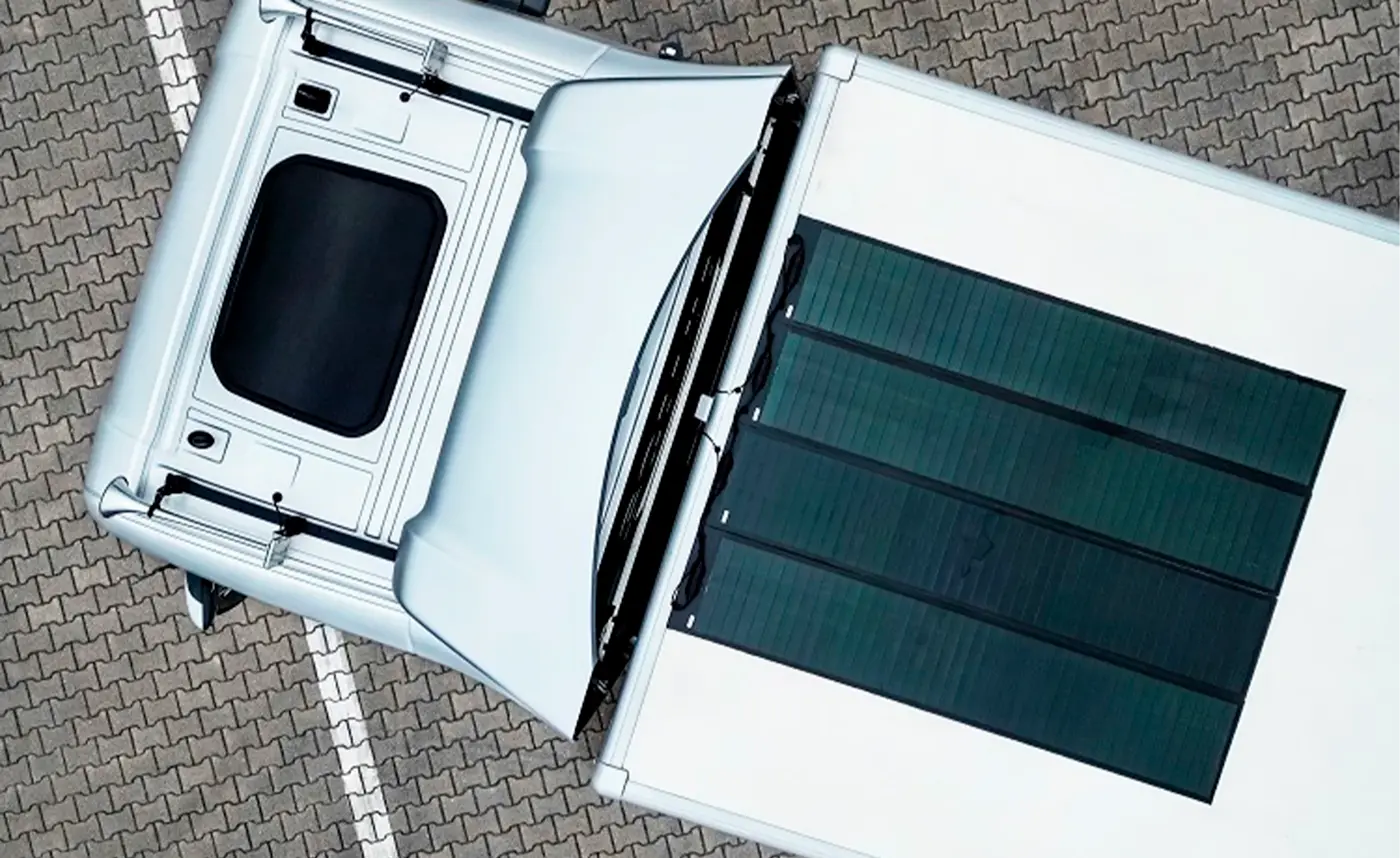
Photo from EUROPART brochure
Superior solar tech
Power your fleet with
CIGS solar technology
CIGS solar panels are the ideal solution for heavy transport, offering a lightweight, flexible design that fits seamlessly on most vehicles. Made from thin-film technology and free from silicon and glass, they’re durable, resistant to microcracks and do not present any fire hazards.
Installed using specialised mounting tape, the panels generate clean power directly to the battery, reducing the load on the engine and alternator. This efficient solution delivers significant fuel savings and CO₂ reductions, making it a reliable choice for sustainable transport.
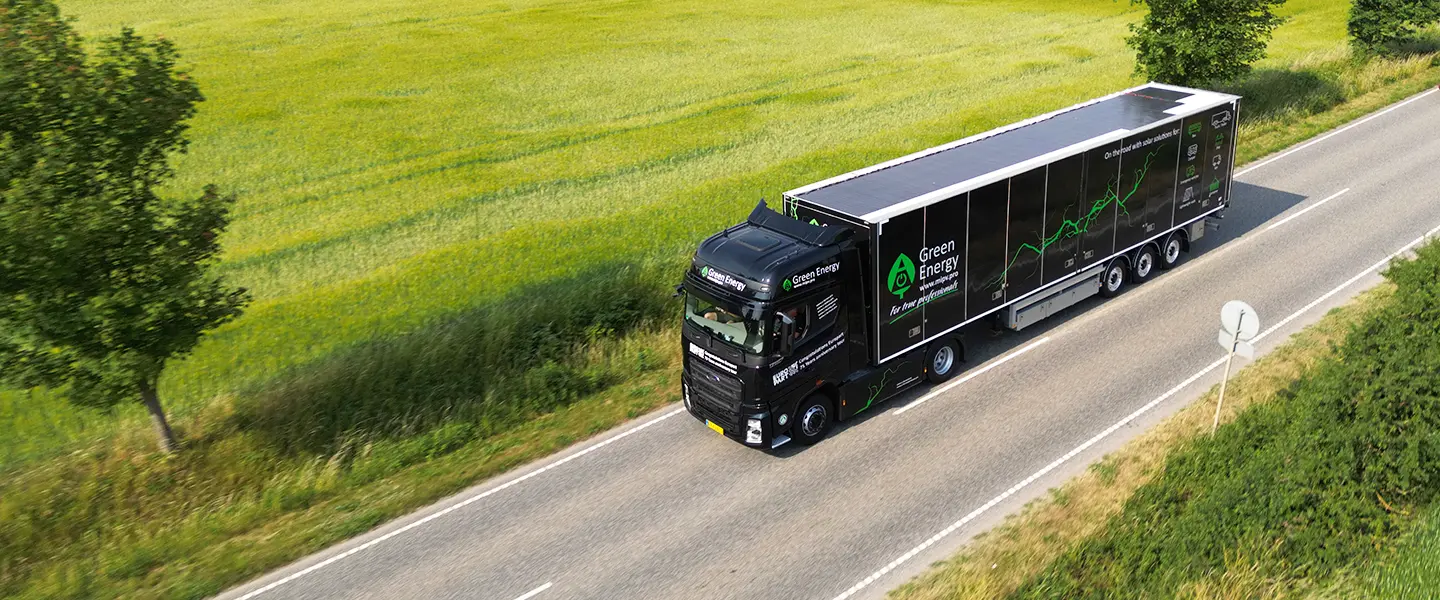
Lower CO2 emissions
Cut emissions and reduce idling
Our solar solutions reduce emissions by cutting reliance on fossil fuels and delivering clean energy directly to the vehicle’s battery. This also helps reduce idling, eliminating unnecessary fuel consumption. The result is lower CO₂ output, which helps support fleet operators in meeting their sustainability targets and regulatory requirements.


Better fuel efficiency
Save fuel and maintenance costs
Replacing fossil fuels with solar power delivers significant cost savings for fleets, with annual fuel reductions of 4-7% for trucks. Solar panels generate direct current (DC) power while driving or parked, easing the load on the engine and alternator. This steady energy flow reduces the need for idling, lowers fuel consumption and extends battery life – minimising breakdowns, costly repairs and emergency callouts.
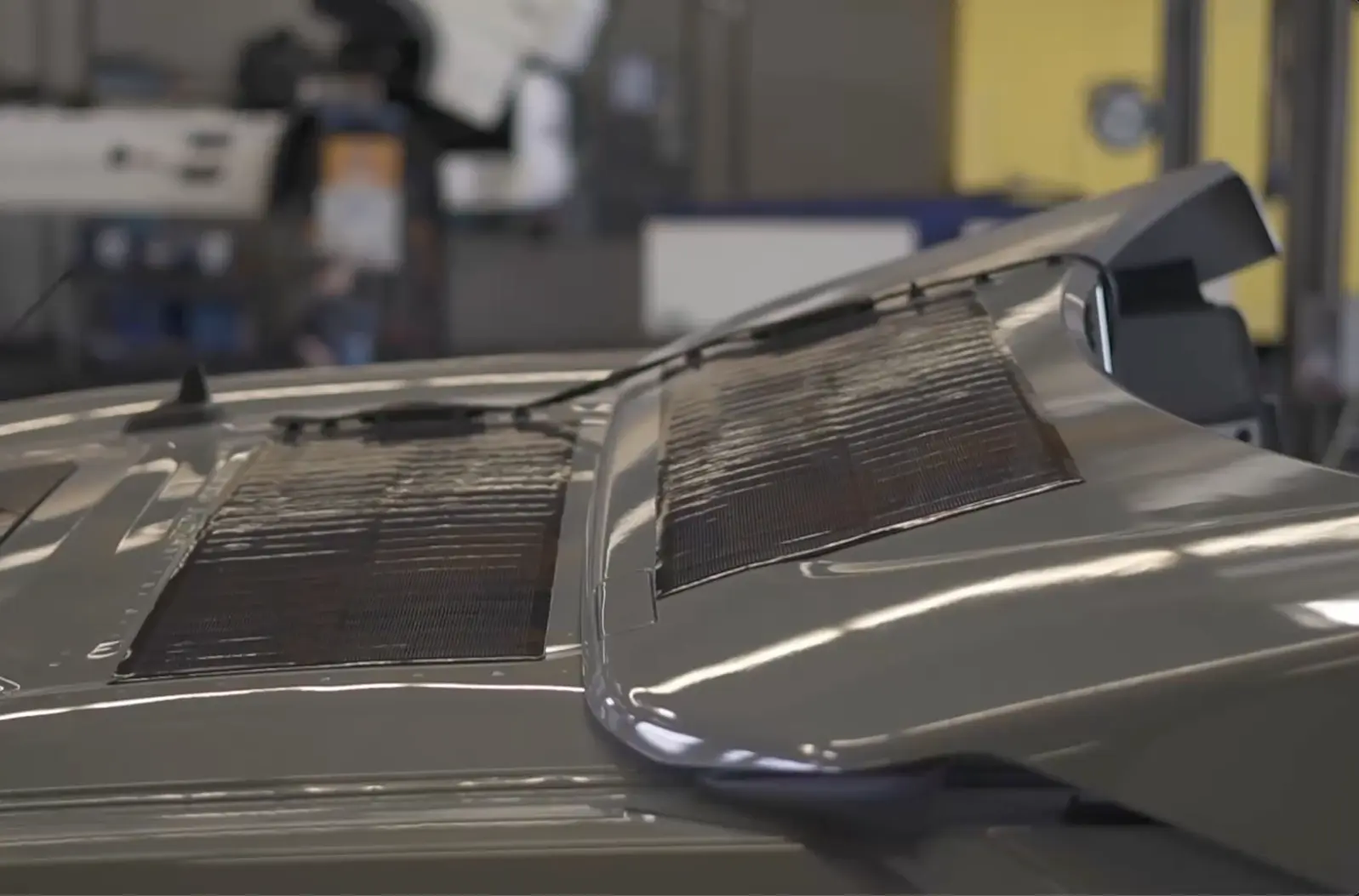
ESG reporting
Immediate impact on sustainability goals
Data for ESG reporting
With our advanced IoT charge controller, app and Fleet Tracker software, you can track real-time data on power production, fuel consumption and related emissions. For more detailed reporting and easier compliance, Fleet Tracker provides comprehensive data for ESG and Scope 1 and 3 reporting, helping streamline your sustainability efforts.
Supports Scope 3 Goals
Subcontractors can lower their Scope 3 emissions by adopting our solar solution, and enable the accurate tracking and reporting of these emissions. By providing this data, subcontractors can support companies in reporting the carbon footprint of transport-related indirect activities in the value chain.
News
Latest news
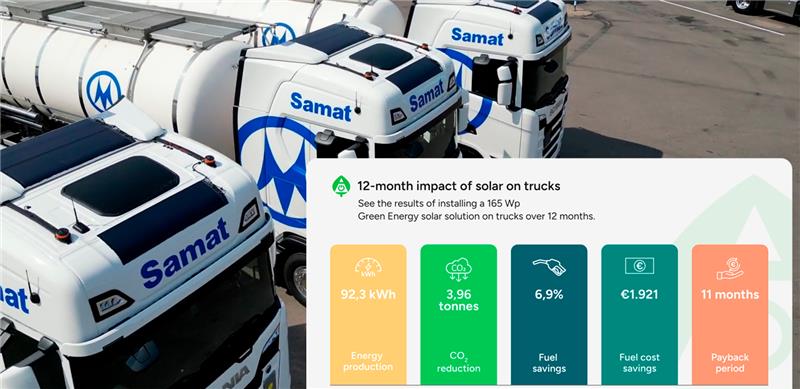
12-month study shows 6,9% fuel savings and emissions reductions with solar-powered trucks
Read More »Buy solar panel solution
Talk to our distributors to find the best solution for you
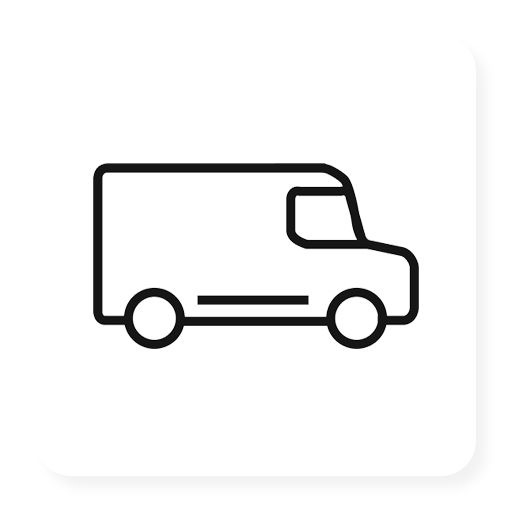
Buy CIGS Solar Panels for vehicles
Buy CIGS Solar Panels for buildings
Contact a distributor about our CIGS Solar Panel Solutions for your next project.

Not sure about your needs?
Have questions? Our team is ready to help you with guidance and expertise.
For our planet
CIGS solar panels offer an environmental friendly solution
Our CIGS solar panels are a great sustainable solution, not only because of the production of renewable energy, but also because the carbon emissions related to manufacturing are very low and uses far fewer raw materials compared to traditional solar panels.


